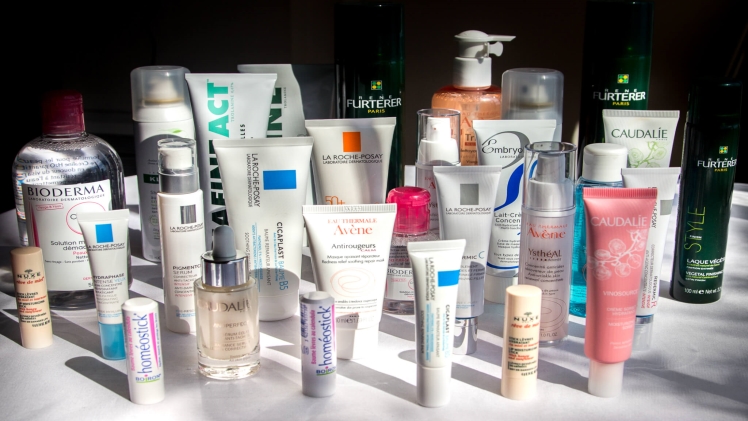Most women have a skincare routine. Often, the complexity of the routine depends on the skin condition and skin type. But since a decade ago, some products are meant not just to cover your flaws but also to treat them. Yes, that is cosmeceutical skin care. They are a beautifying solution that goes beyond just the skin’s surface because it delivers medicines as well.
For your next toner or foundation purchase, examine the product labels to incorporate the essence your skin needs while benefiting from the physical look of just makeup or cosmetics.
The Origin of Cosmeceutical
Dr. Albert Kligman coined the term “cosmeceutical” for products that combine cosmetics and pharmaceuticals. The concept was to beautify while correcting since the product changes the skin dynamics after prolonged use.
It’s most typically employed by the companies that attempt to combine pure cosmetics to generate changes and focused outcomes. But what precisely defines ‘cosmeceutical’? Who chooses what’s categorized as a cosmeceutical, and how can you, the customers, discern the difference?
What qualifies as a cosmeceutical product?
All of the chemicals in cosmeceuticals have been shown beneficial in scientific studies, and they are designed to be stable and very effective when applied topically. Cosmeceutical skincare is skincare in which the substances are formulated to deliver the correct concentration that will create a clinical impact on the skin.
The same components are included in high-end and mass-market formulations in certain cases. However, because they are often present in smaller or lower concentration levels, they are unlikely to impact the skin’s look significantly. Retinol, niacinamide, and vitamin C are some of the most well-known cosmeceutical substances.
How to incorporate Cosmeceutical Cosmetics in your skincare Routine
A quick market survey will show you various products that promise to deliver results. In general, most people who pick cosmeceuticals have researched the skin condition they are trying to solve before making their decision. Consequently, if you’re serious about changing your skin, a cosmeceutical would be your best bet.
Because cosmeceutical compounds have received little attention from academic researchers, most of what we know about them comes from studies conducted by the cosmeceutical business itself.
While there is strong evidence that certain substances have actual advantages for the skin, there is also strong evidence that these benefits are not universal. Therefore, when purchasing a cosmeceutical, keeping an eye out for these substances can guarantee that you are purchasing a product that works.
- Ceramides are an important component of the skin’s structural integrity. Their capacity to keep the skin moisturized has earned them this distinction.
- However, sunscreen creams that contain green tea extract may provide you with an additional layer of protection from the skin-damaging effects of the sunlight.
- Hyaluronic acid helps to keep the skin moisturized and firm. Hyaluronic acid, like ceramides, has the same plumping and smoothing effects on the skin as ceramides.
- An additional effective antioxidant is niacinamide (vitamin B3). Niacinamide helps to keep the skin’s moisture levels high. It can also help group out your complexion by decreasing red, patchy spots. This chemical brightens the skin and helps prevent it from the dullness that occurs as we get older.
Keep in mind the specific ingredients your skin needs and try to match them with cosmeceutical products; if used with consistency and care, you will likely see results on the skin.
When selecting a cosmeceutical skincare product, seek substances that have some scientific backing. The temptation to jump on the current popular ingredient may be strong, but if facts do not support the claims, you may be throwing money down the toilet if you do so.
If you want assistance in selecting a decent cosmeceutical product, the best course of action is to consult a skincare professional.

